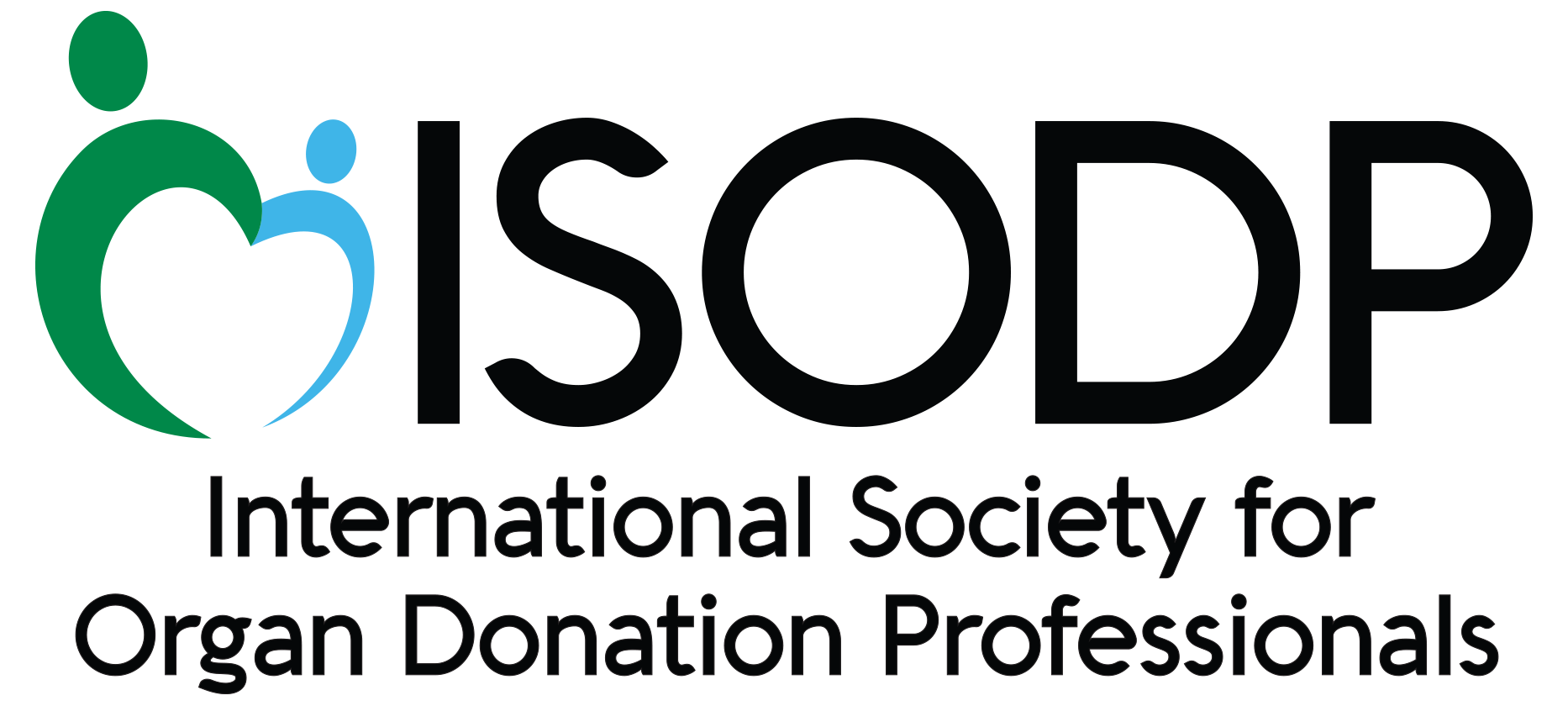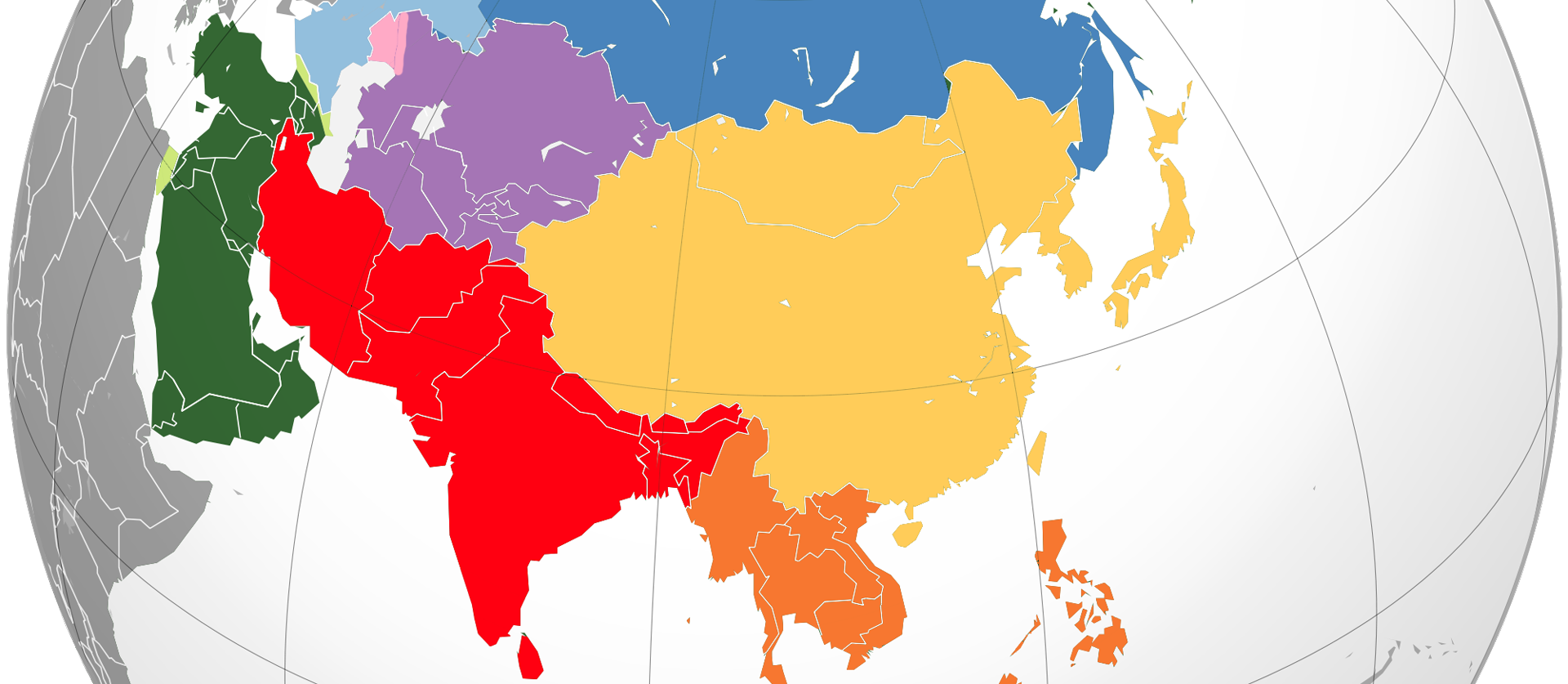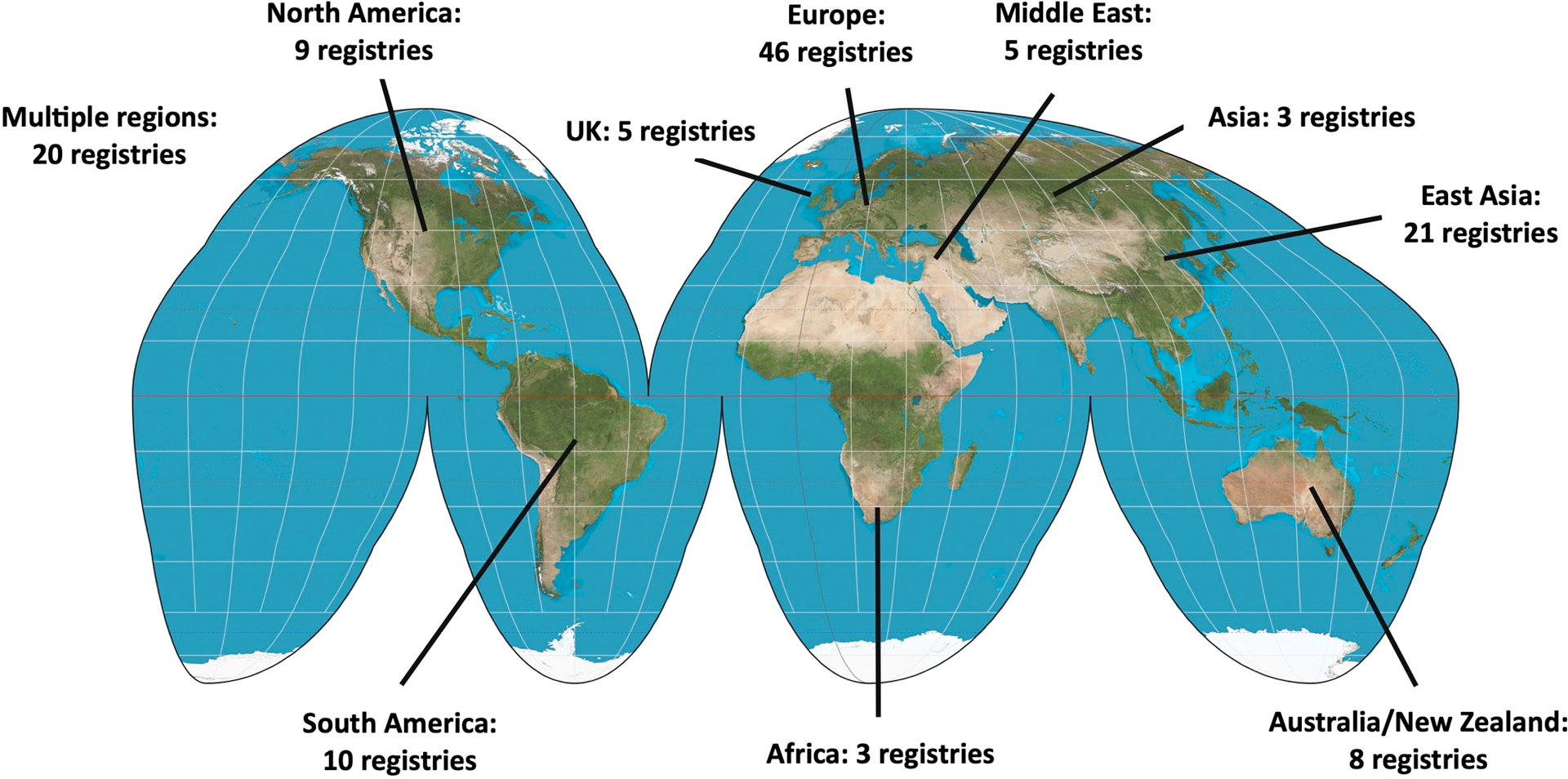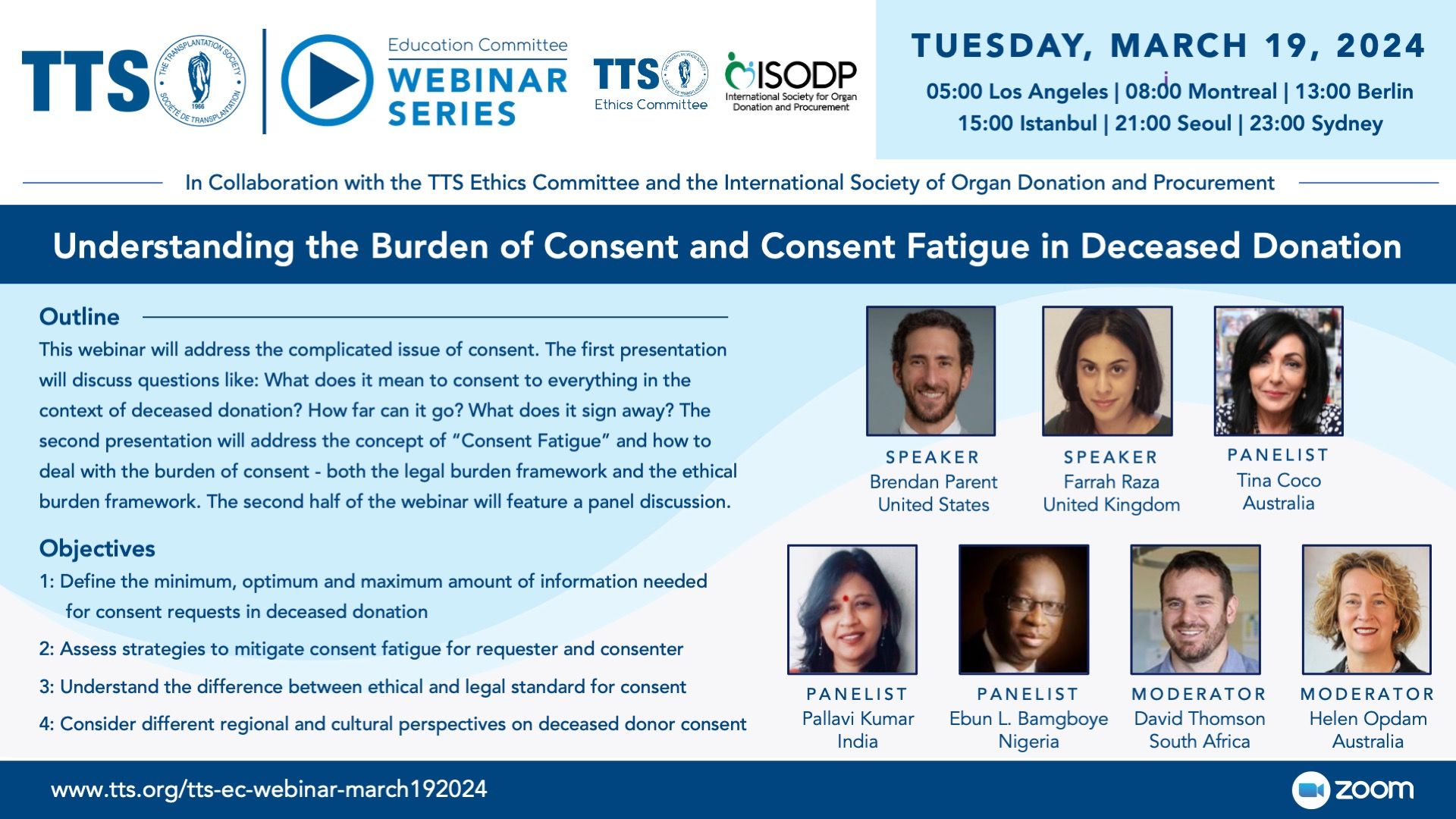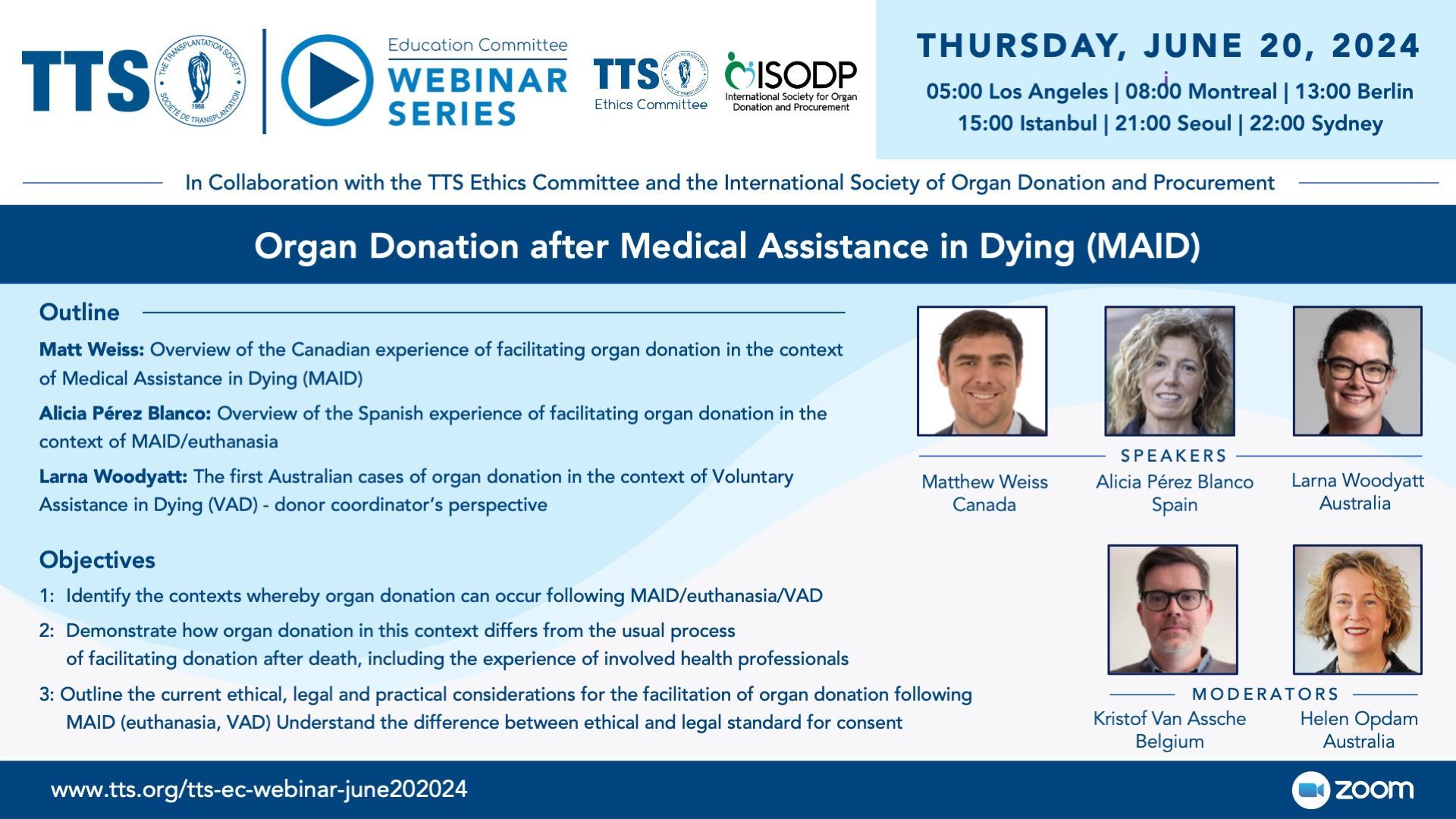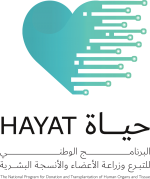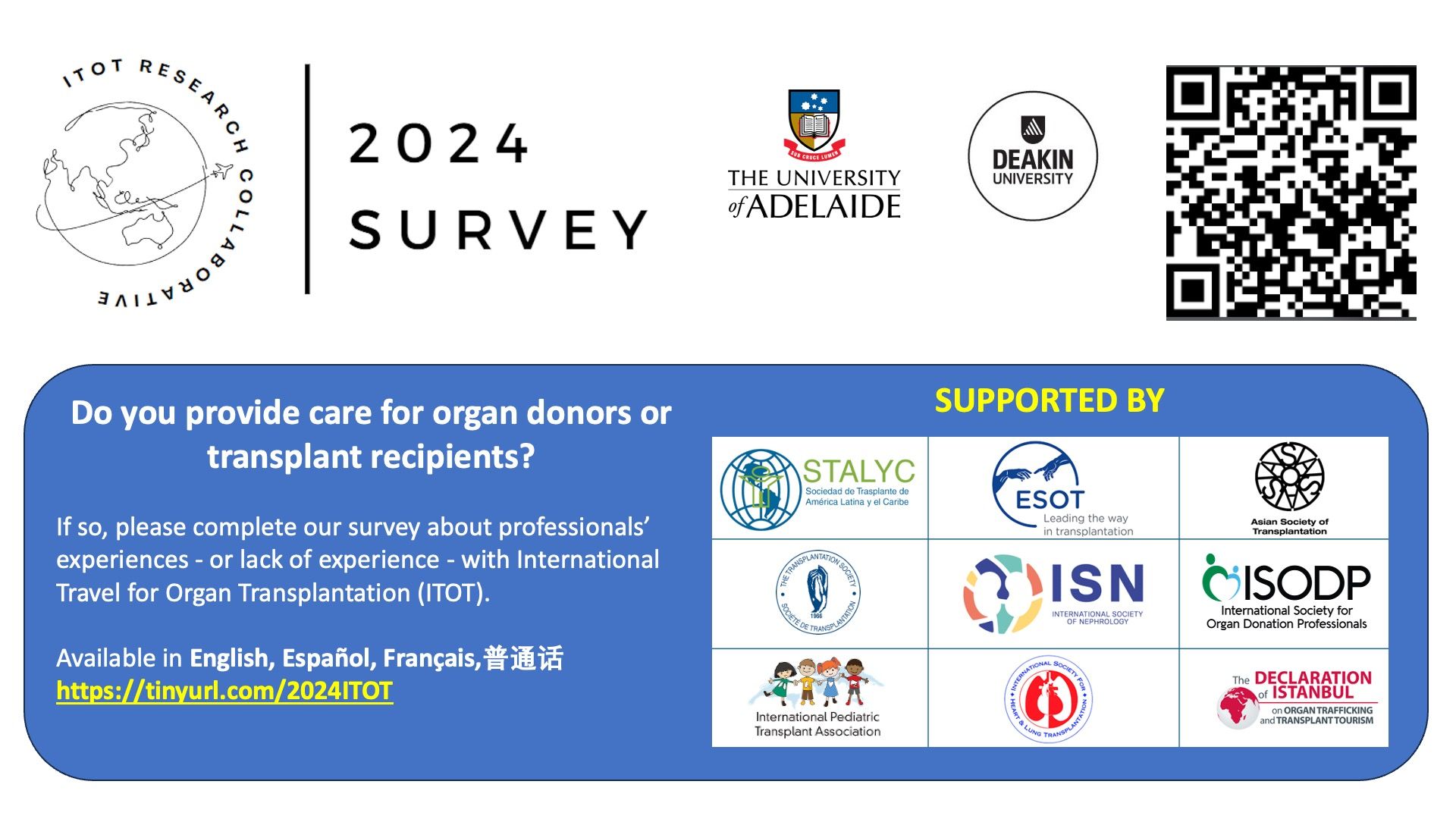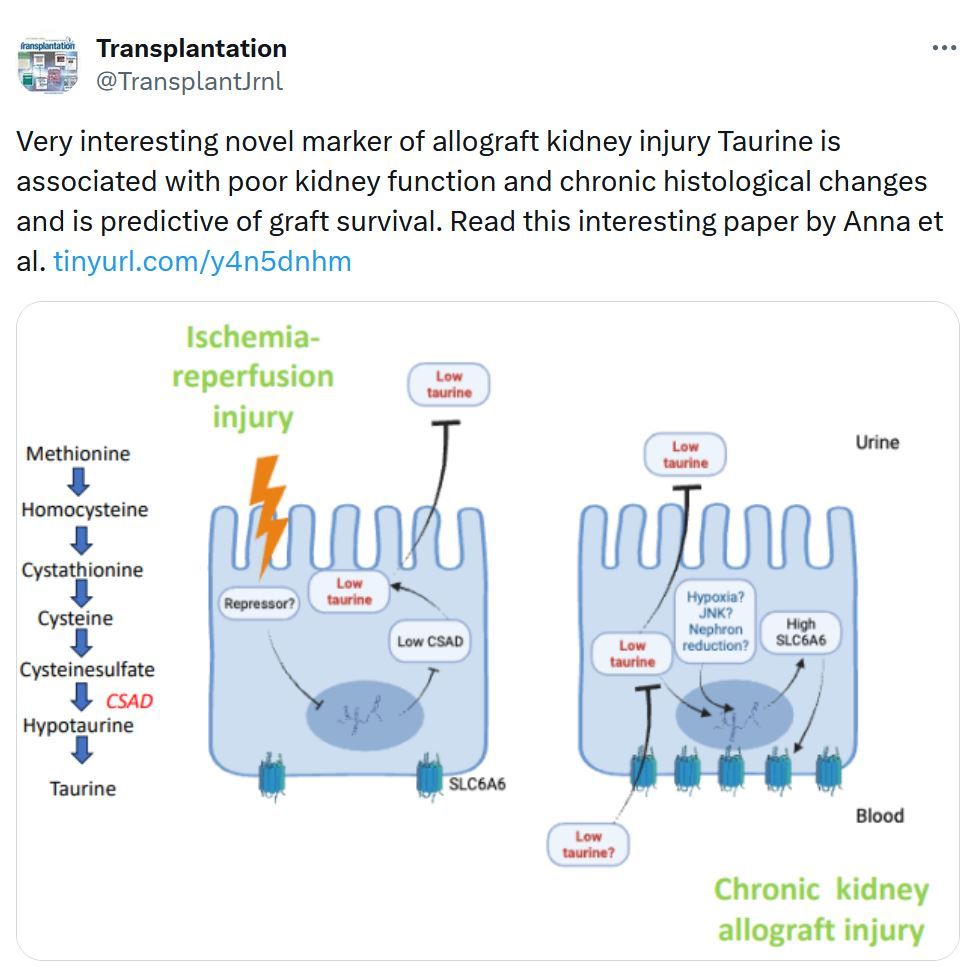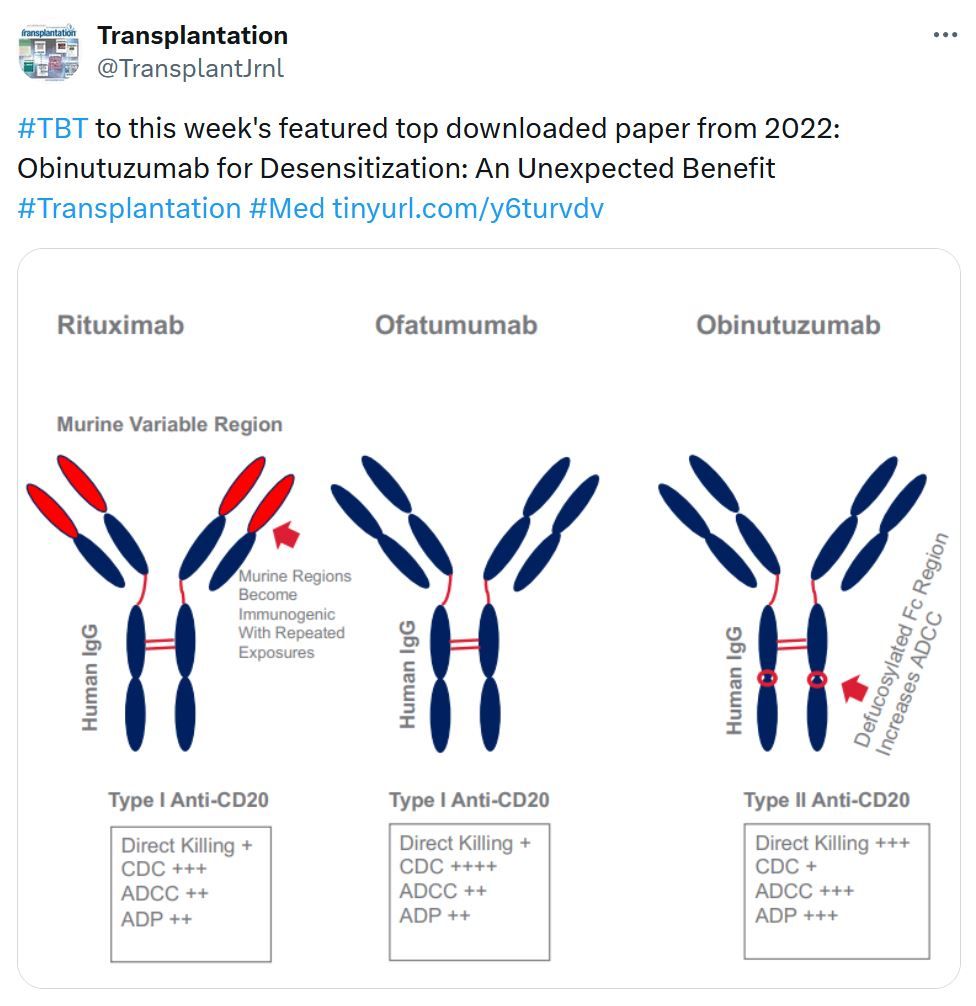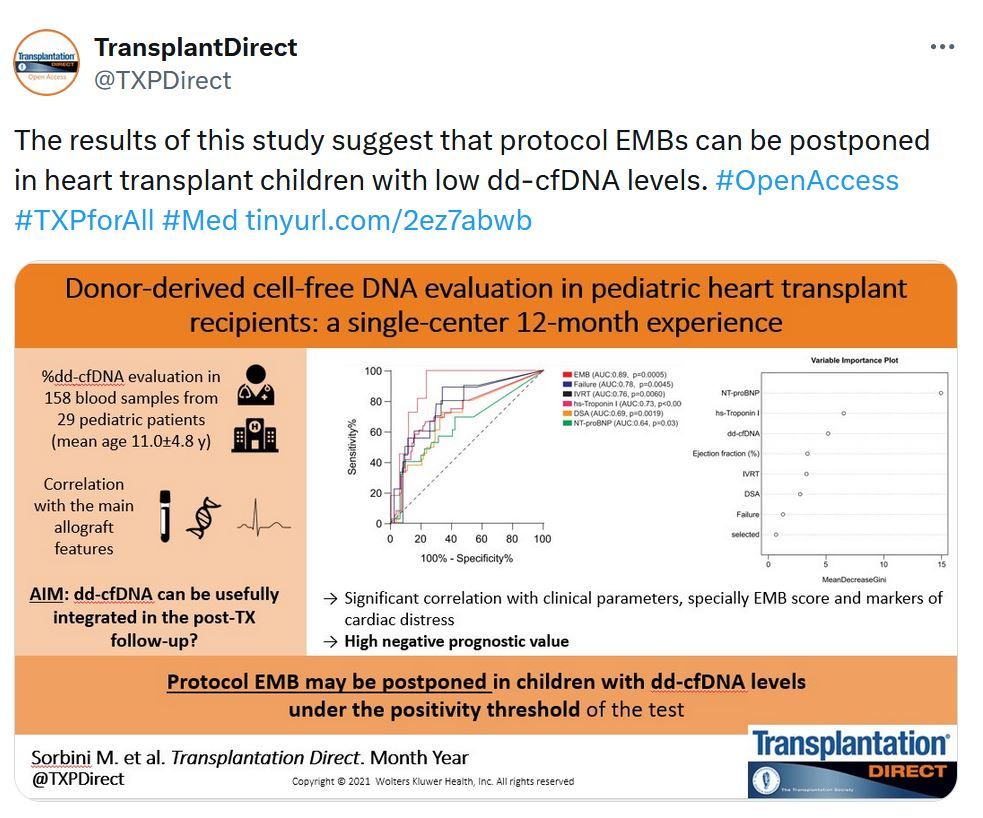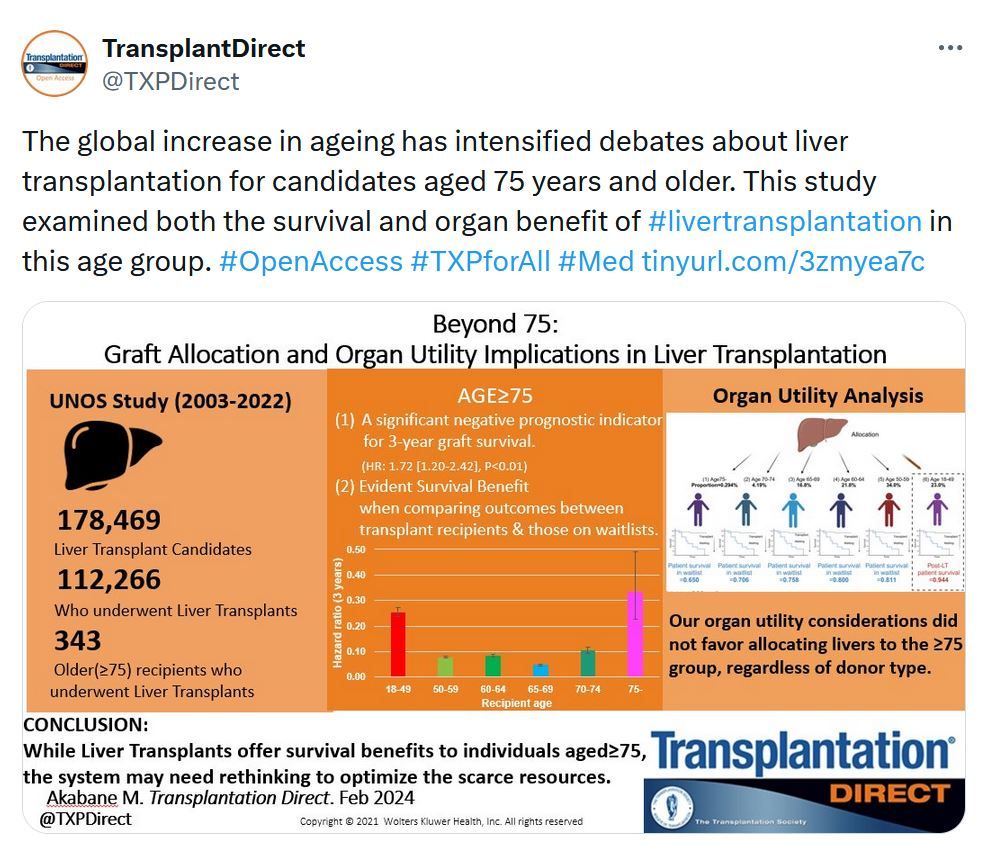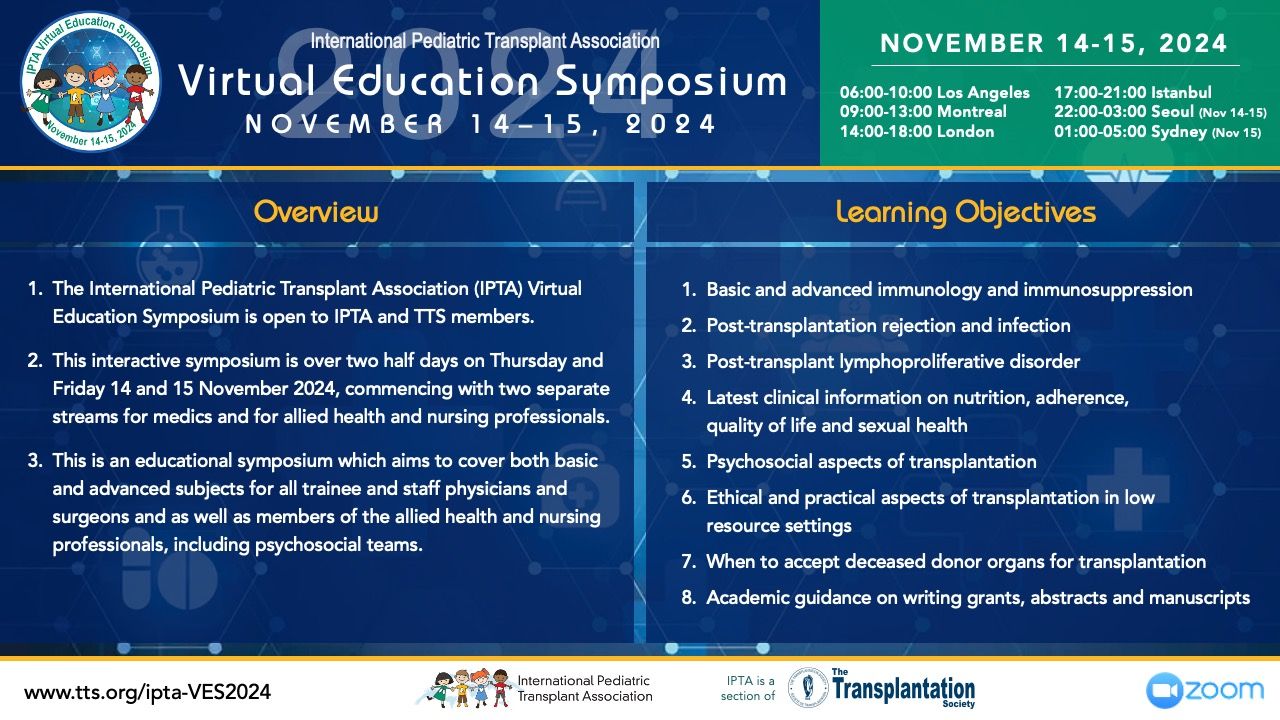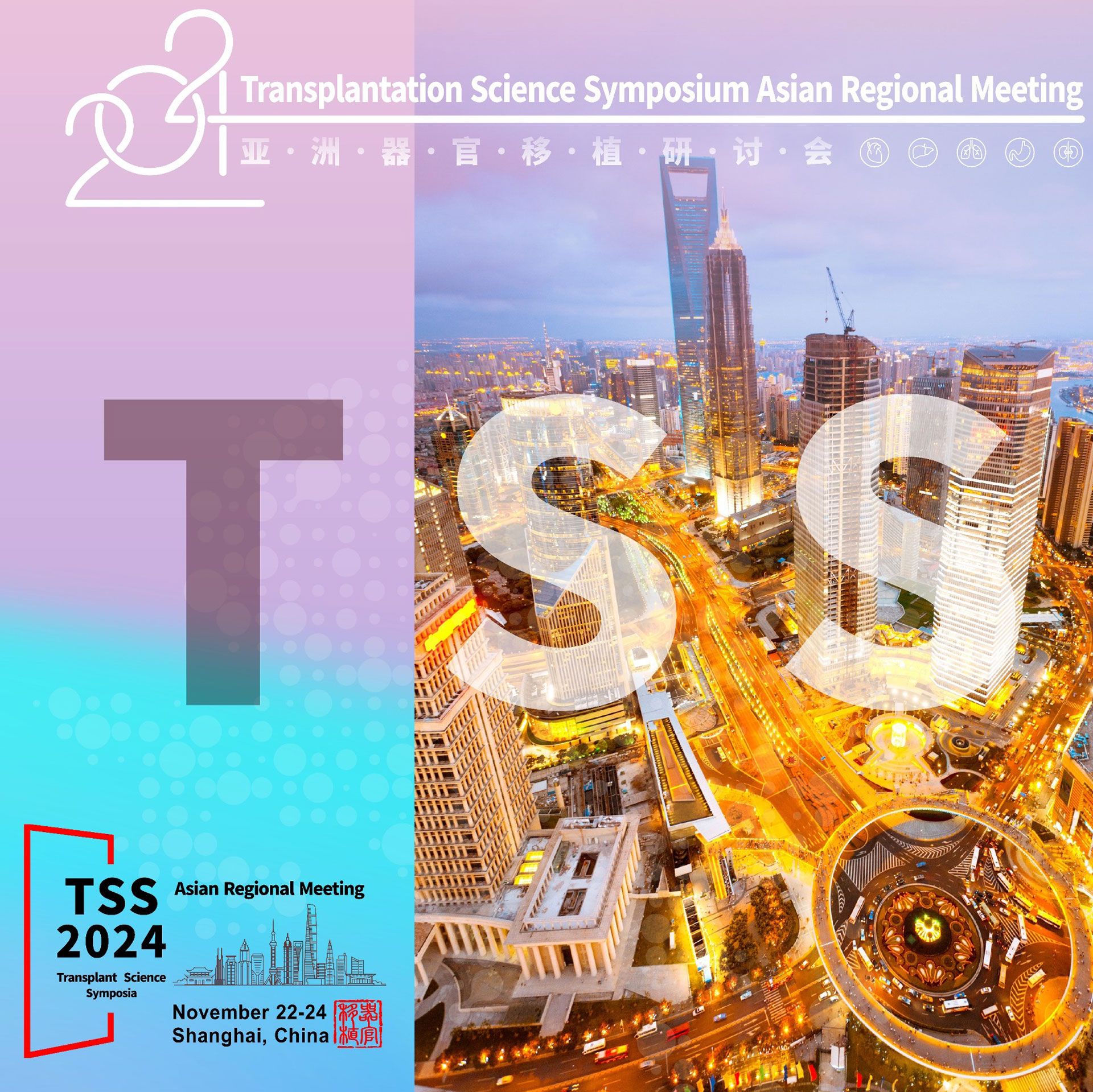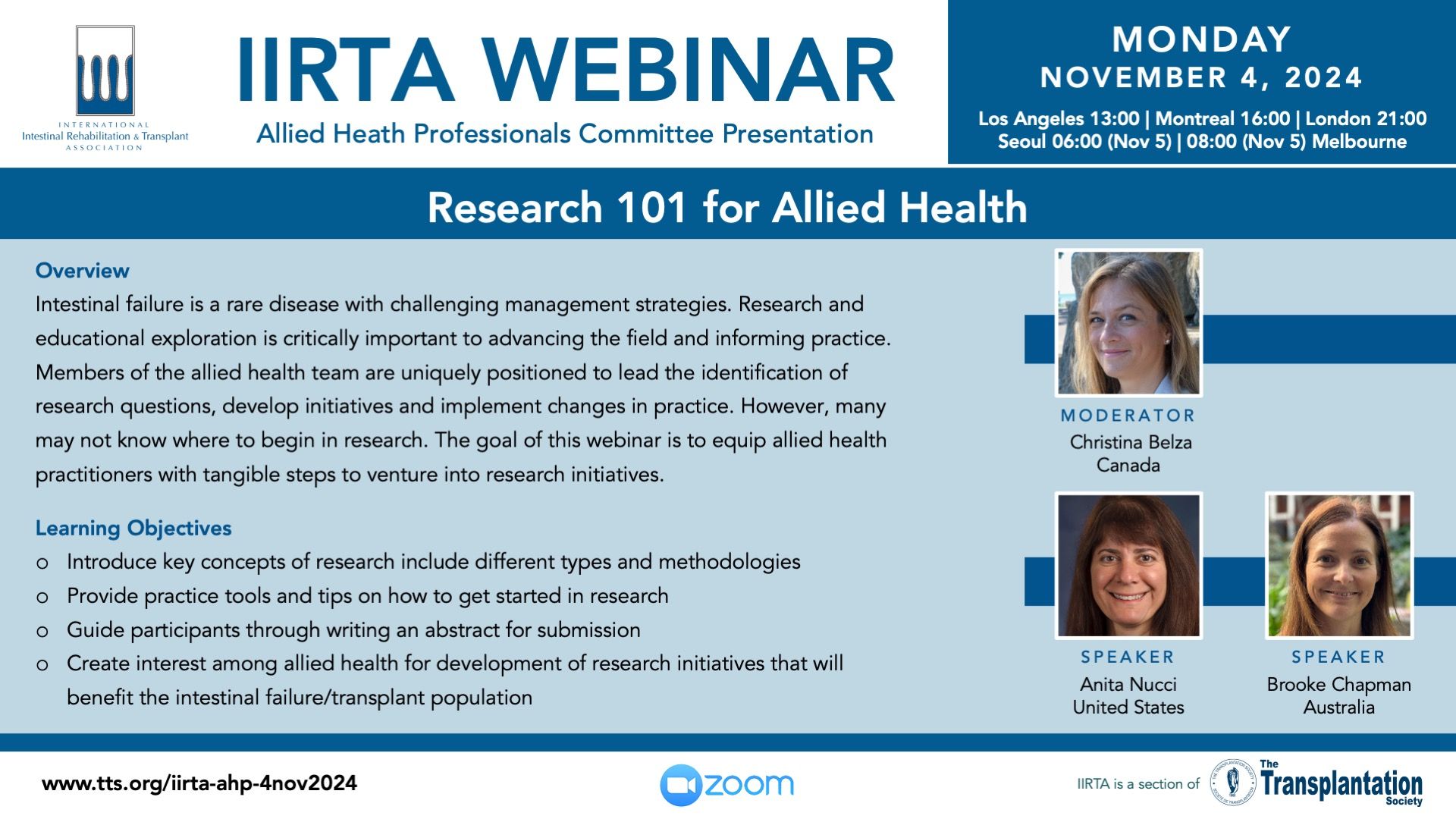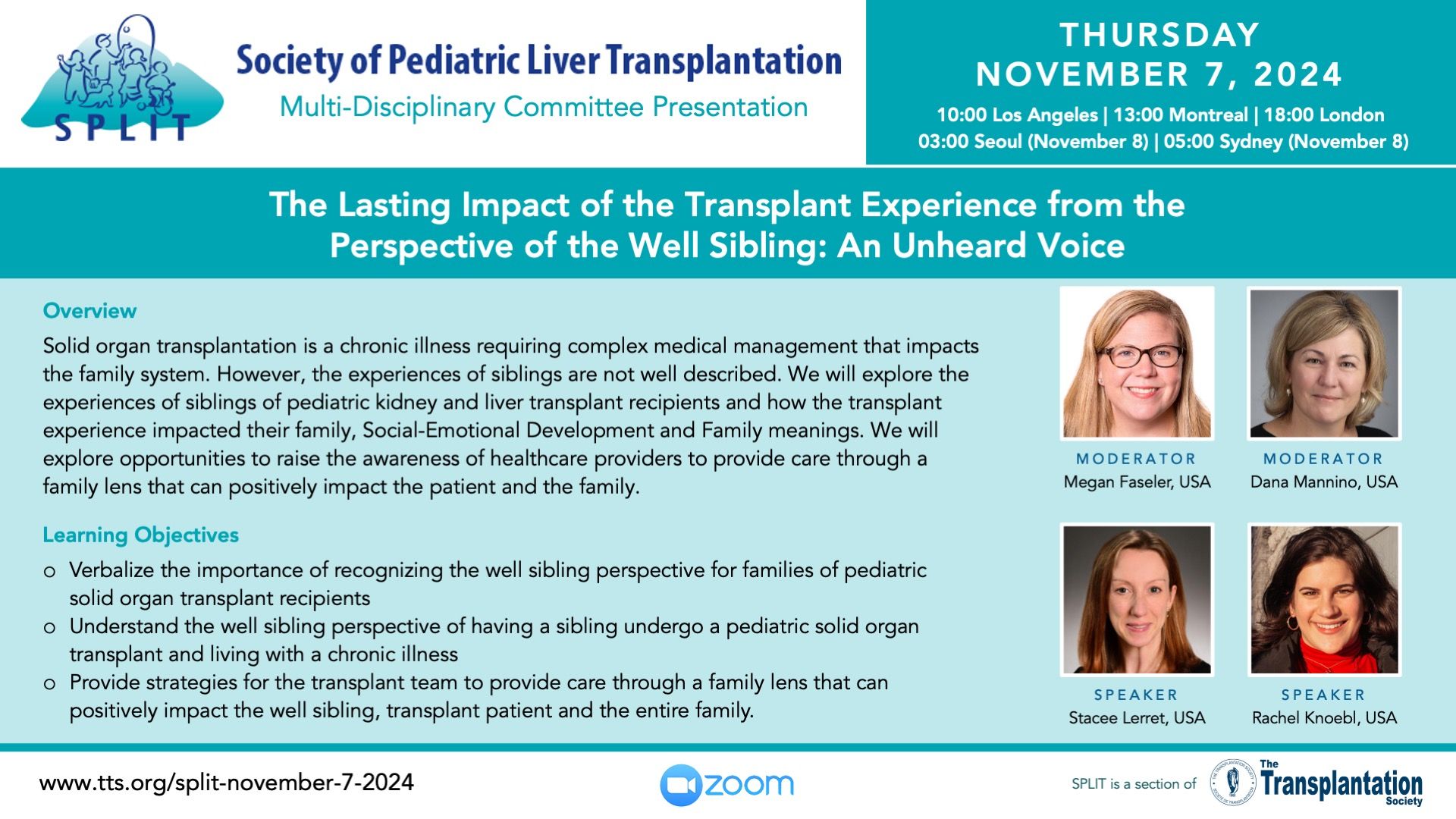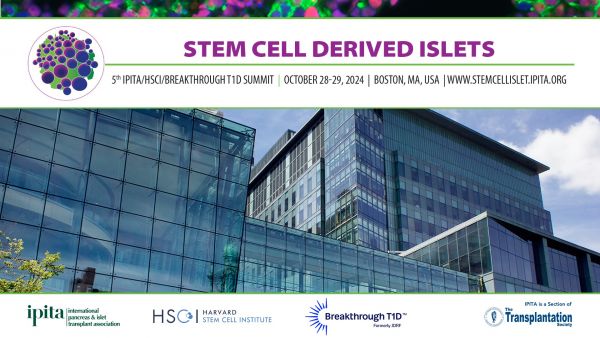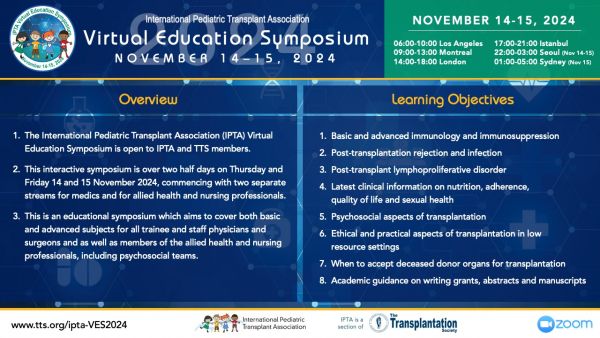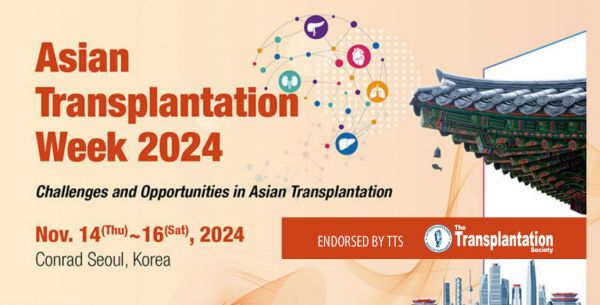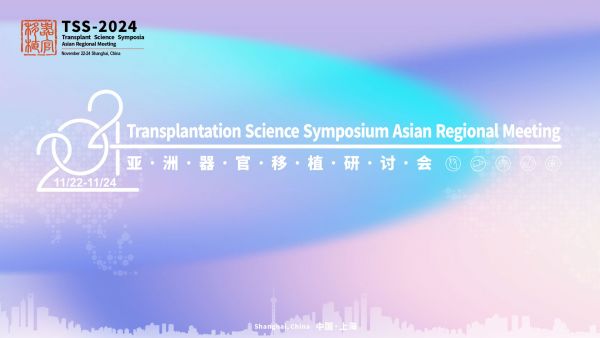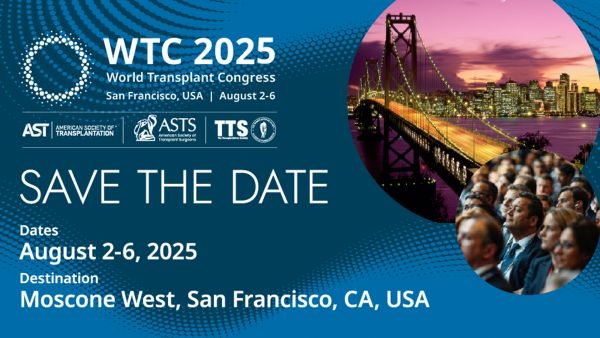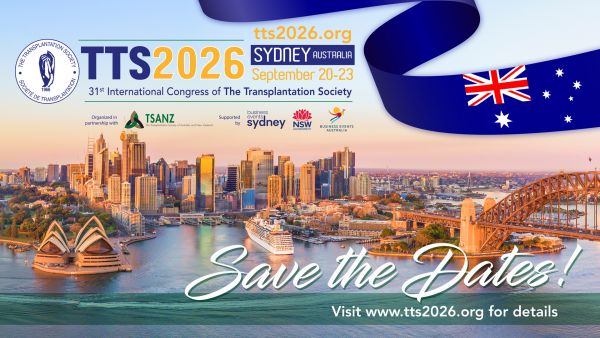
ISODP




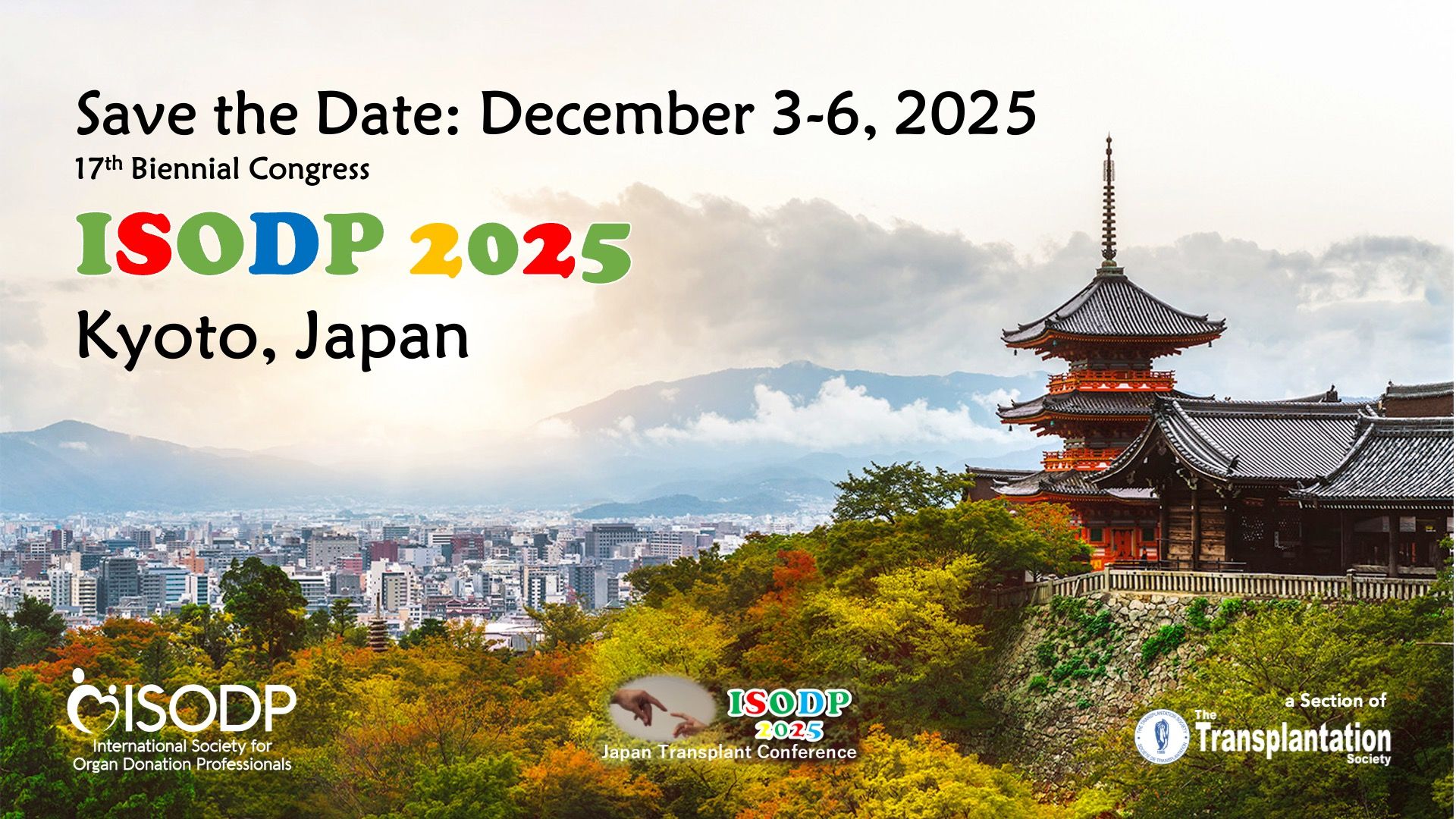
See Our Organ Donation Sessions from TTS 2024
TTS Last Call for Nominations - Councilor-at-large | Oceania - 2024-2026 By-Elections
TTS Focus on Donation
In case your missed it ..... TTS 2024 Recordings

1st IPTA Virtual Education Symposium - November 14-15
2024 Transplantation Science Symposium
The TSS 2024 will take place from 22-24 November, offering a comprehensive program covering a wide array of topics. From transplant immunology to innovative approaches in organ preservation, from the challenges and opportunities of xenotransplantation to the application of artificial intelligence and big data in transplantation medicine, this symposium will delve into the latest advancements and strategies shaping the future of organ transplantation.
We extend our heartfelt welcome to all participants and look forward to your active participation in TSS 2024. Let us come together to explore, learn, and chart the course for the future of transplantation science.
Upcoming Webinar Presentations
Contact
Address
The Transplantation Society
International Headquarters
740 Notre-Dame Ouest
Suite 1245
Montréal, QC, H3C 3X6
Canada
Используйте Вавада казино для игры с бонусом — активируйте промокод и начните выигрывать уже сегодня!

